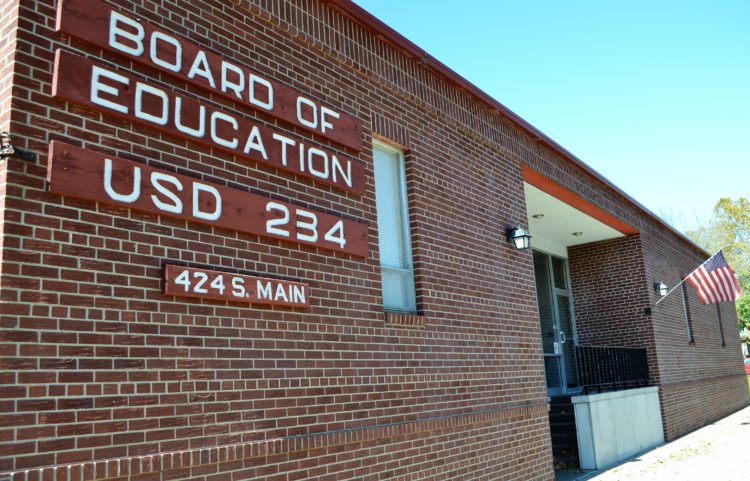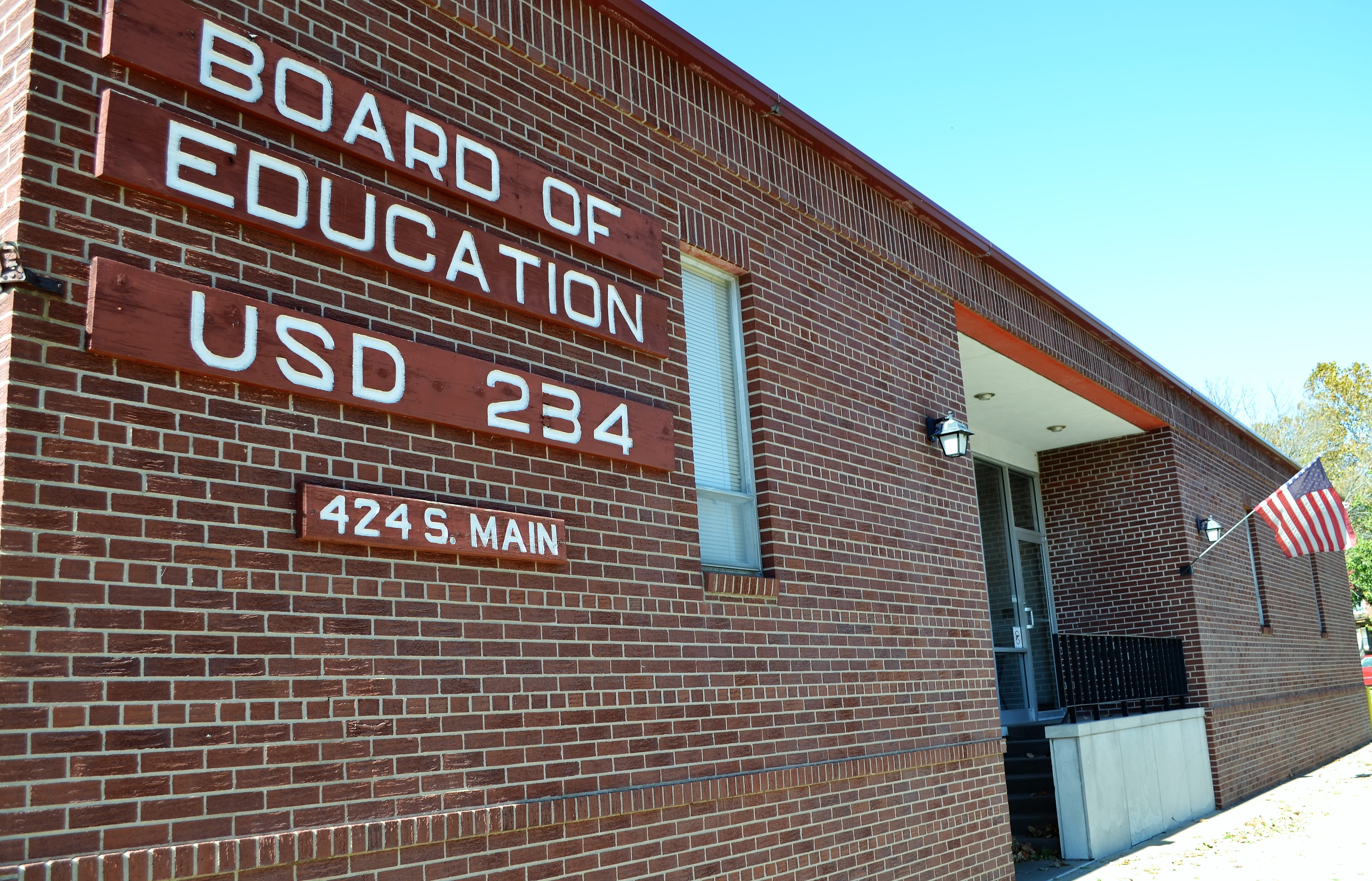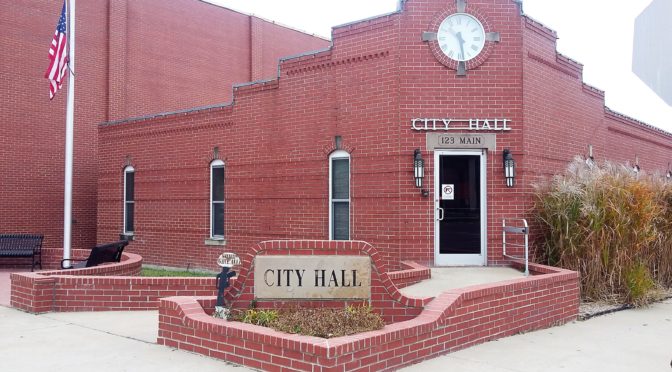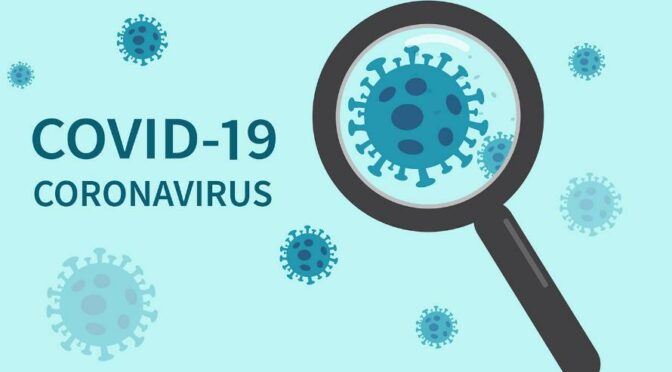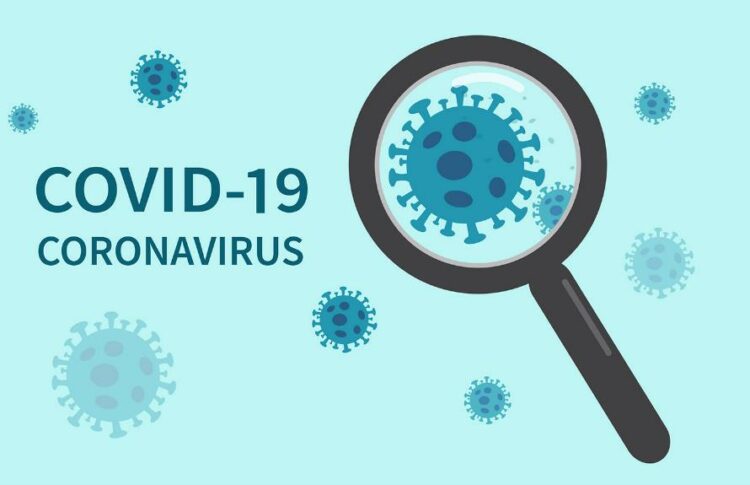TOPEKA – The Kansas Department of Health and Environment (KDHE) today announces that as of Feb. 1, 2022, COVID-19 contact outreach and monitoring, otherwise known as contact tracing, operations will be discontinued at KDHE. KDHE contact tracing staff will be reassigned to contact investigations. County Local Health Departments have already begun to wind down contact tracing and K-12 schools who were participating in contact tracing as part of the Test to Stay program may temporarily suspend contact tracing as well. Contact tracing is when Public Health notifies close contacts to let them know that they were exposed to an infectious disease and tells them about the signs and symptoms to watch out for. Participation with contact tracing has always been voluntary. The decision to end contact outreach and monitoring was made due to the surge in amount of positive COVID-19 cases and the public’s willingness to participate has diminished since the beginning of the pandemic.
“As we enter the third year of this pandemic, public health has to begin to adjust the level of response to help alleviate the strain on the Public Health system,” Janet Stanek, Acting Secretary, said. “The pandemic is far from over, but this step is a move toward managing COVID-19 as an endemic disease. The responsibility of protecting yourself and others belongs to all of us.”
Individuals who are positive for COVID-19 will now be responsible for letting their close contacts know about their potential exposure. Additionally, if the individual with COVID-19 exposed others at high-risk settings such as schools, correctional facilities, long-term care facilities, homeless shelters, daycares and churches, KDHE or the local health department will notify the setting. The setting will be responsible for identifying close contacts and notifying them about the potential exposure.
Individuals who are positive for COVID-19 or a close contact of someone with COVID-19 can find information on what to do here.
KDHE urges Kansans to use the following tools to protect against COVID-19 and the Omicron variant.
- Get vaccinated and boosted. Vaccines remain the best tool to protect people from COVID-19, slow transmission and reduce the likelihood of new variants emerging. The authorized COVID-19 vaccines are highly effective in preventing serious illness, hospitalizations, and death. The COVID-19 vaccines approved or authorized in the United States are expected to protect against serious illness, hospitalizations, and death in people infected with the Omicron variant, especially those who have received a booster. COVID-19 vaccines are now authorized for people ages 5 and over. Moderately or severely immunocompromised people ages 5 and over should receive an additional primary dose of vaccine 28 days after their second shot. The COVID-19 booster shots are authorized for all people ages 12 and over. To find a vaccine near you, visit Vaccines.gov.
- Wear a mask. Masks offer protection against all variants. It is recommended that people in Kansas wear the most protective mask that fits well and can be worn consistently in public indoor settings, where COVID-19 transmission remains high, regardless of vaccination status. For more information, visit the CDC website, Types of Masks and Respirators.
- Get tested. If you are sick or have been in close contact with someone diagnosed with COVID-19, it is recommended that you get tested for COVID-19. Go to KnowBeforeYouGoKS.com to find a free testing location near you. If a positive result is received through an at-home test, isolate at home for at least 5 full days. If you took an at-home test and need Public Health to issue a letter stating that you are positive, you will need to follow up with a health care provider for a confirmation test.
- Stay home if exposed. If you are exposed to COVID-19 and you are not up-to-date with COVID-19 vaccinations and boosters, you should stay home and away from other people for 5 full days after your last contact with the person who has COVID-19. Anyone who is exposed, including those who are up-to-date with COVID-19 vaccinations and boosters and those who had COVID-19 within the last 90 days, should wear a well-fitted mask for 10 full days any time you are around others inside your home or in public and watch for symptoms for 10 full days. Do not go places where you are unable to wear a mask, avoid travel, and avoid people at high risk for developing severe disease. Get tested for COVID-19 at least 5 days after you last had close contact with someone with COVID-19, or get tested immediately if you develop symptoms.
- Stay home if sick. If you have symptoms of COVID-19 or have tested positive, you should stay home and isolate away from other people for at least 5 full days. You can end home isolation after 5 full days if you are fever-free for 24 hours without the use of fever-reducing medication and your symptoms are improving. If you did not have symptoms, end home isolation 5 days after your positive test. Severely ill people should isolate for at least 10 days. Take precautions for 10 days including wearing a well-fitted mask for 10 full days any time you are around others. Do not go places where you are unable to wear a mask, avoid travel, and avoid people at high risk for developing severe disease.
- Social distance and practice good hand hygiene. People should avoid large gatherings and stay at least 6 feet from others in public settings, especially if they are at higher risk of getting sick. Wash your hands often with soap and warm water or use an alcohol-based hand sanitizer.

